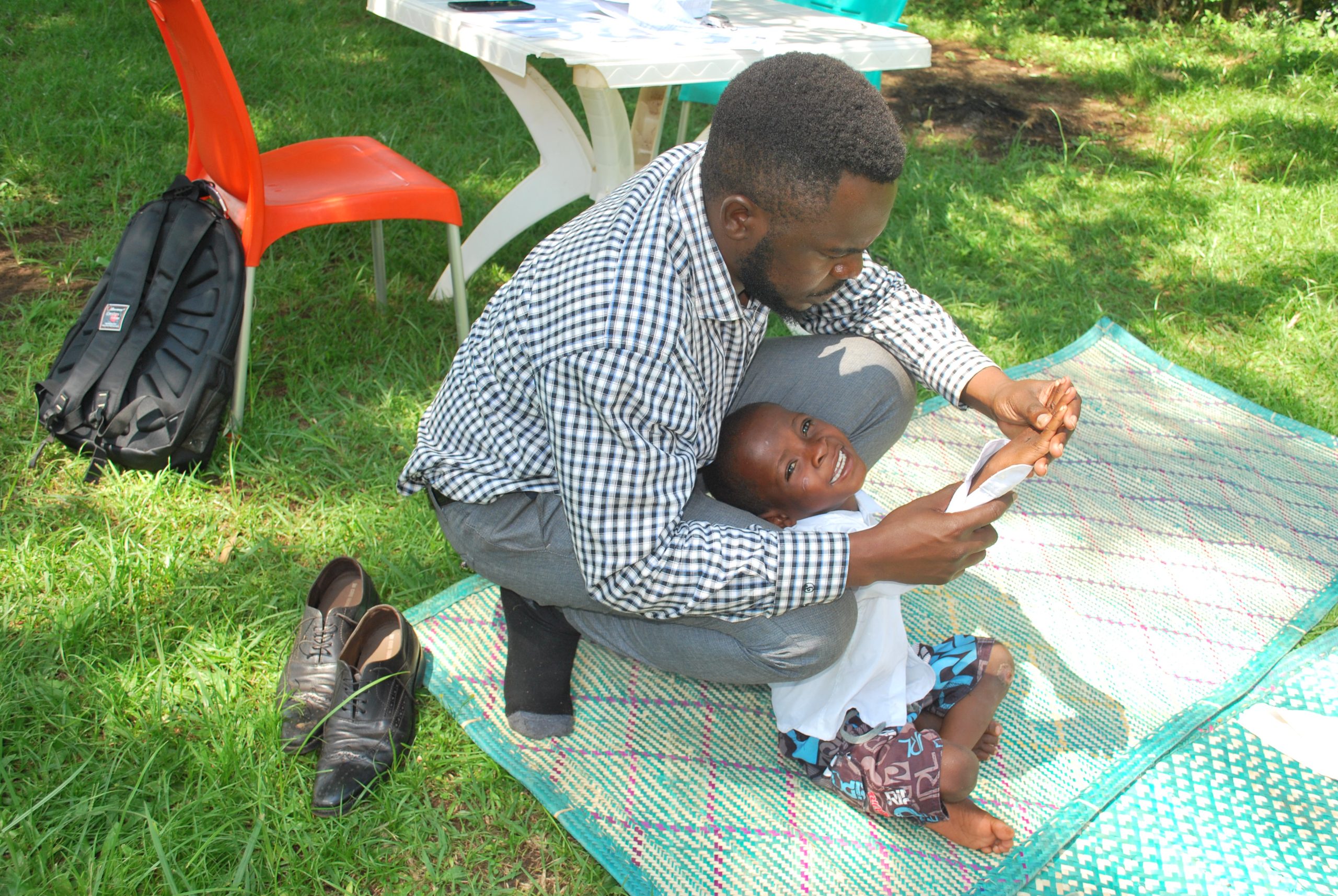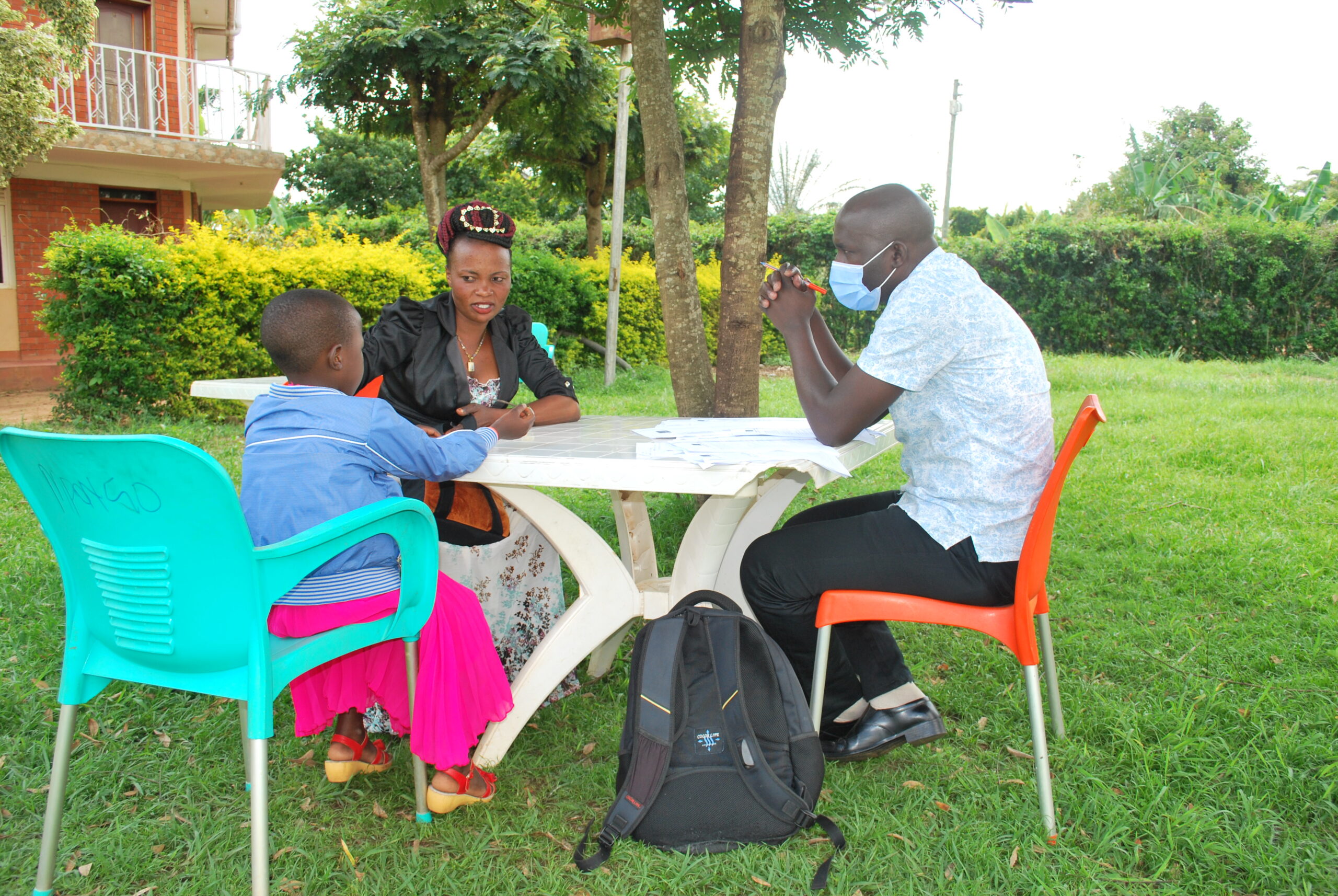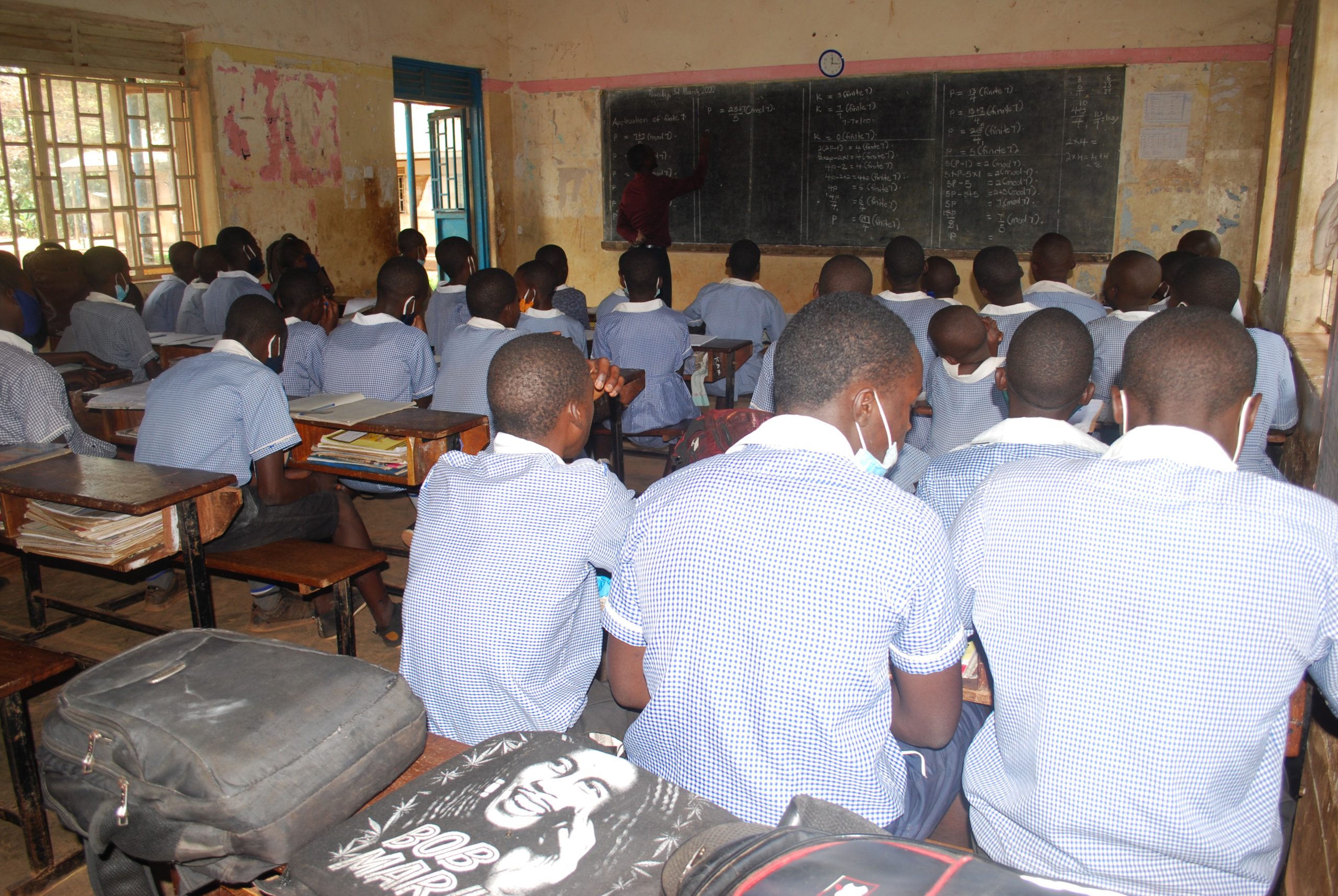Learning Differences

The Challenge
Neurodivergent learners in low-income countries face systemic barriers including stigma, lack of teacher training, and inadequate resources (WHO, 2022). Studies on inclusive education in sub-Saharan Africa highlight a gap between policy and implementation, with many schools lacking infrastructure and trained personnel to accommodate diverse learning needs. Uganda’s inclusive education policy promotes the integration of learners with special needs. However, studies reveal gaps in the execution of these policies, particularly in rural schools. Challenges include limited teacher awareness, large class sizes, and insufficient access to assistive technologies. Cultural factors, including stigma and misconceptions about neurodivergent conditions, further exacerbate these barriers.
Diagnosis
We help neurodivergent learners understand their diagnosis, strengths, and learning preferences through adapted assessments and support for personalised learning plans.
Support
We help neurodivergent learners access support in schools by teaching them self-aicate their needs effectively.


Access
We help neurodivergent learners access support in schools by teaching them self-advocacy skills to communicate their needs effectively.
Resilience
We help neurodivergent learners build resilience through growth mindset sessions tailored to their needs.
Build
We help neurodivergent students build positive peer relationships through expertly-led social skills training.











